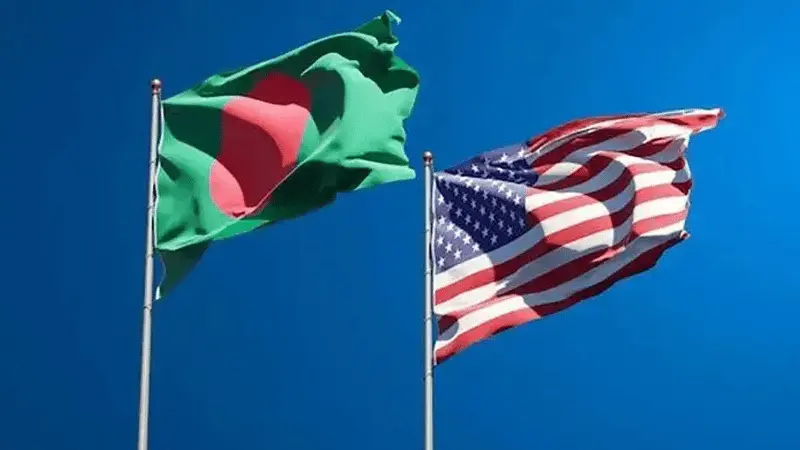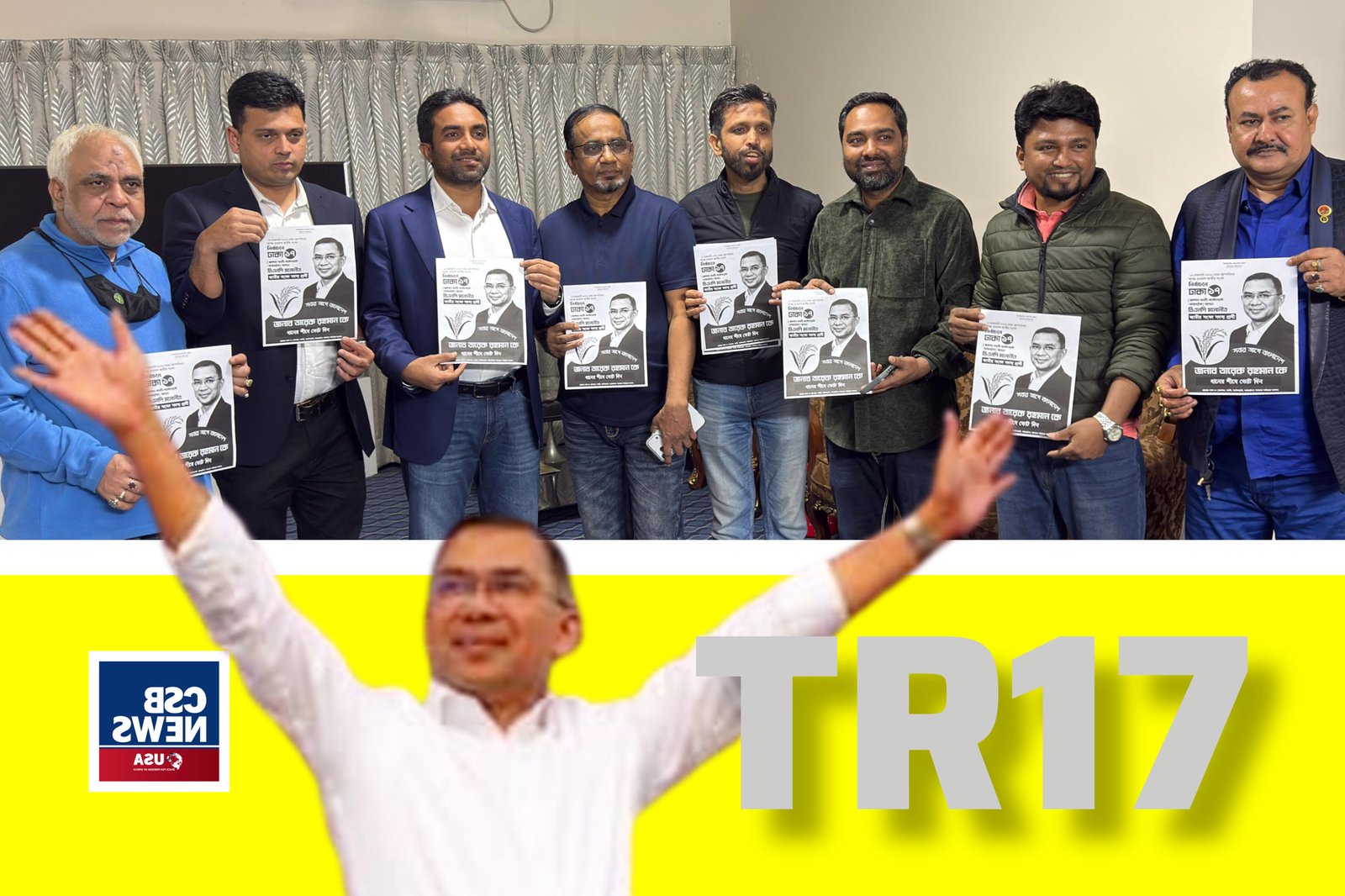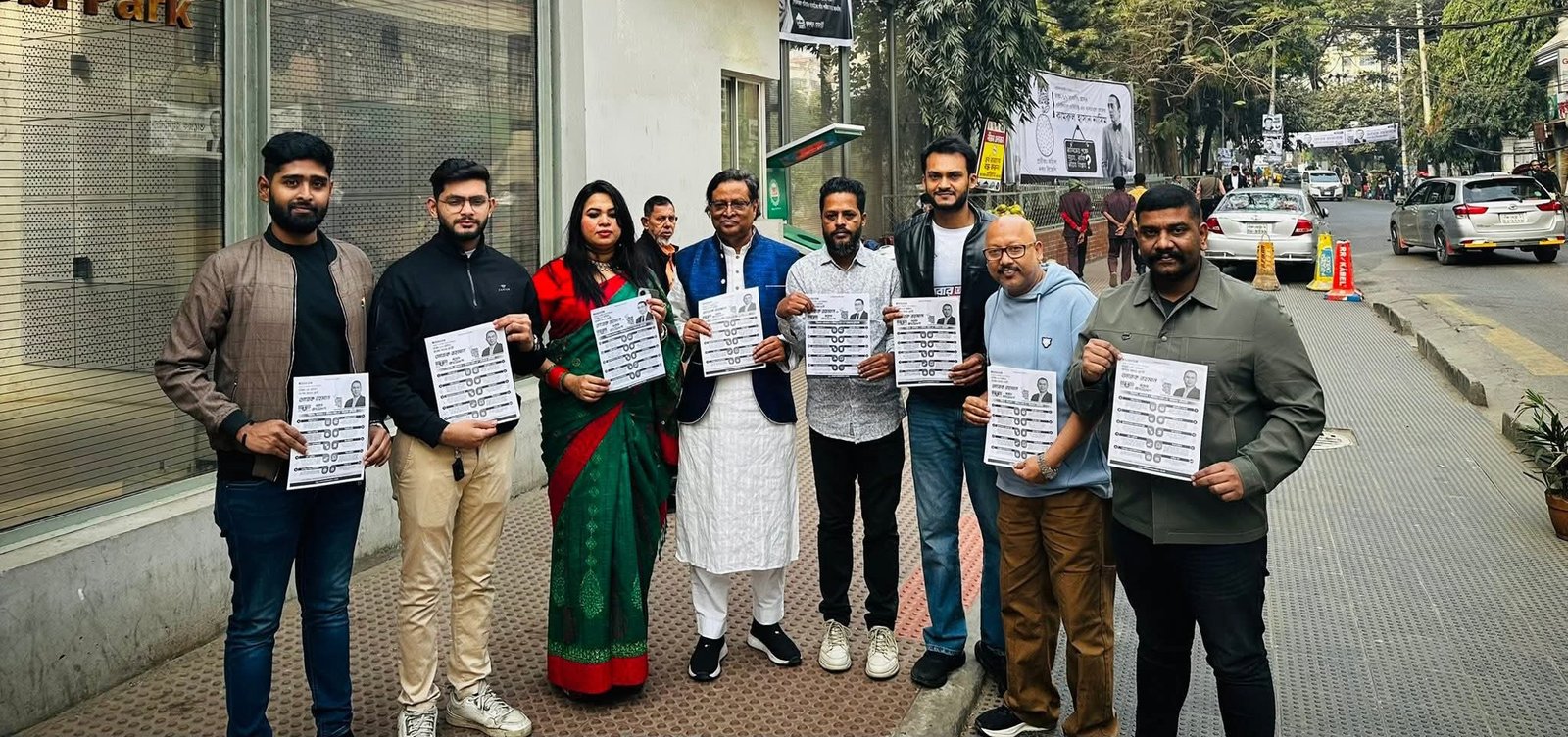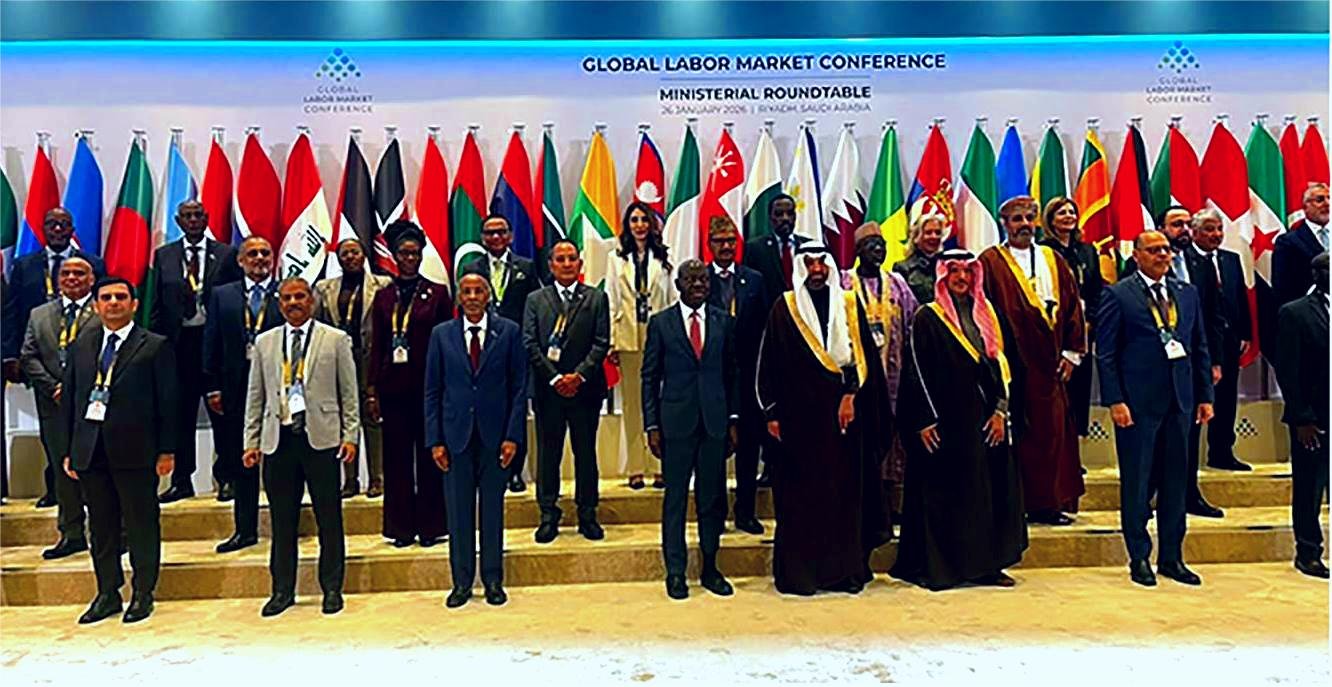Cultural and Political Controversy in Bangladesh: This Year’s New Year Celebration Called a “Generation of Hatred” – California University Researcher
This year’s Bangla New Year (Pohela Boishakh) celebrations in Bangladesh have sparked increased division and controversy, particularly surrounding the traditional New Year procession. Analysts are questioning whether this once cultural event has now become a fully politicized phenomenon
Cultural and Political Controversy in Bangladesh: This Year’s New Year Celebration Called a “Generation of Hatred” – California University Researcher
Cultural and Political Controversy in Bangladesh: This Year’s New Year Celebration Called a “Generation of Hatred” – California University Researcher
This year’s Bangla New Year (Pohela Boishakh) celebrations in Bangladesh have sparked increased division and controversy, particularly surrounding the traditional New Year procession. Analysts are questioning whether this once cultural event has now become a fully politicized phenomenon.
According to a statement published by BBC Bangla, this year's procession—organized by the Faculty of Fine Arts at Dhaka University—was titled "Boishakhi Ananda Shovajatra" (New Year Celebration Procession), whereas in previous years, it was known as "Mangal Shovajatra" (Procession for Well-being). The name change has ignited widespread debate.
One of the motifs in the procession was perceived by many as representing fascism, and some alleged that it resembled the face of former Prime Minister Sheikh Hasina. This has fueled extensive social media discourse with both supporters and critics weighing in.
Mustafa Sarwar Farooki, cultural advisor to the interim government, who also participated in the procession, stated that this year’s event was not political. Previously, during the Awami League government's tenure, there were allegations that the procession was used for political purposes. Supporters of Khaleda Zia claimed that a motif resembling her face was featured in a past procession.
However, at that time, organizers from the Faculty of Fine Arts denied creating any such motif when contacted.
In a Facebook post, Dr. Nadim Mahmud, a researcher at the University of California, extended his New Year’s greetings and wrote:
“One hatred gives birth to another. Generations of ours are trapped in the binary of hatred.
Yet, let every mind be free of hate.
Let the dividing lines of society melt into a united whole.
Let the strength of our diversity be our bond.
Let love fill the hearts of both foes and friends at all levels.”
This statement reflects on the broader societal divisions and calls for unity, empathy, and mutual respect amid rising politicization of cultural events in Bangladesh. ✍️ Report Prepared By: Fozla Rabbi Robna










